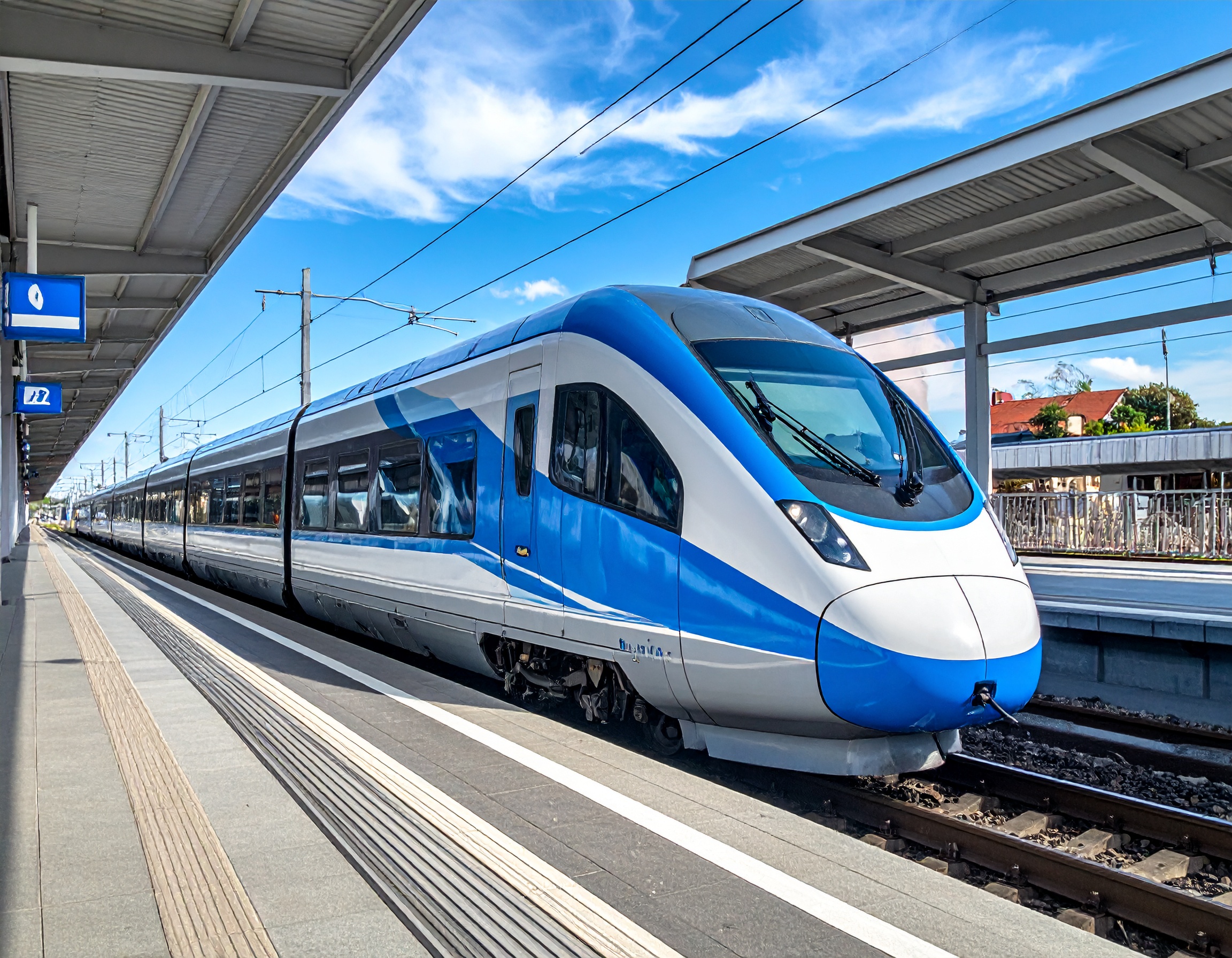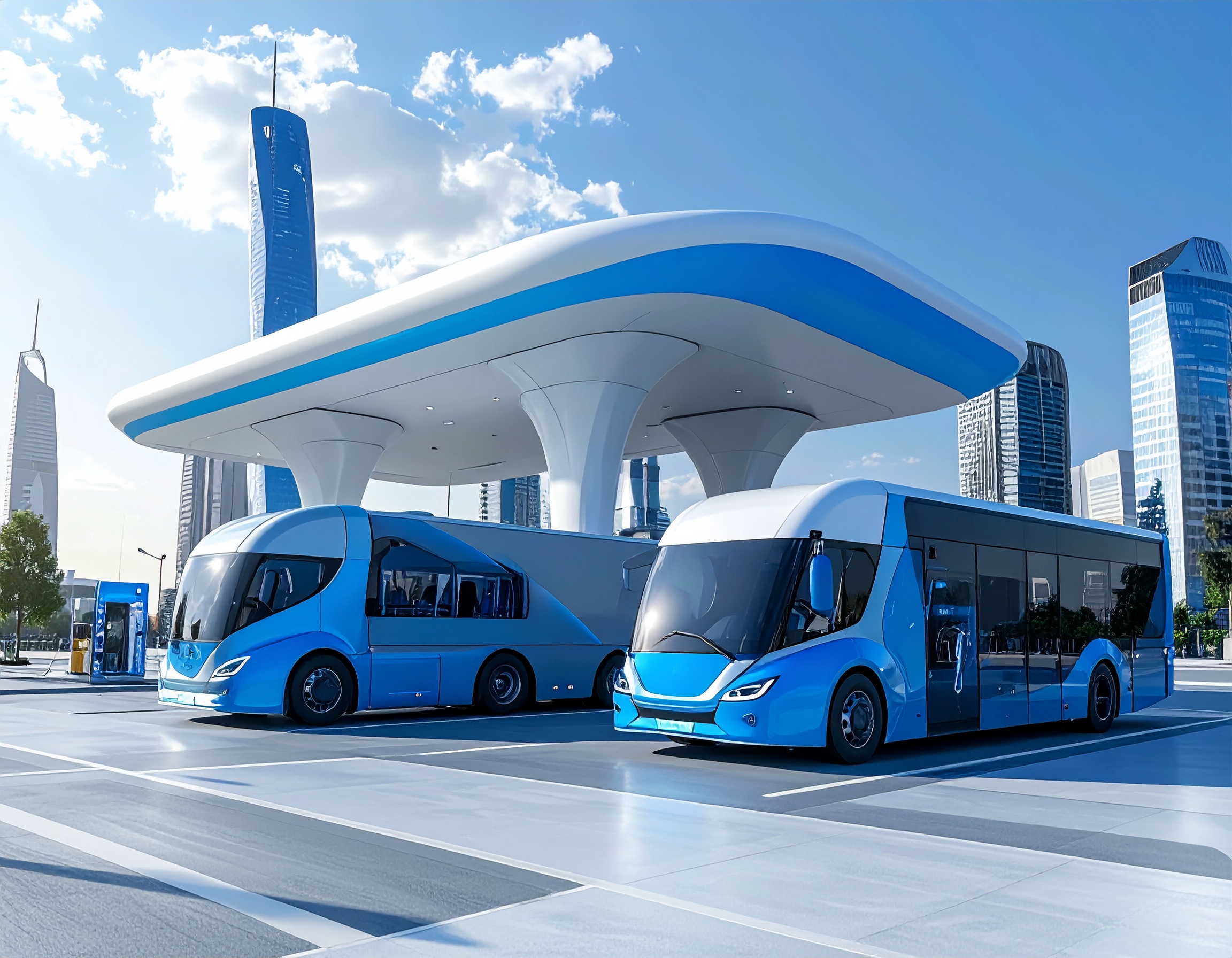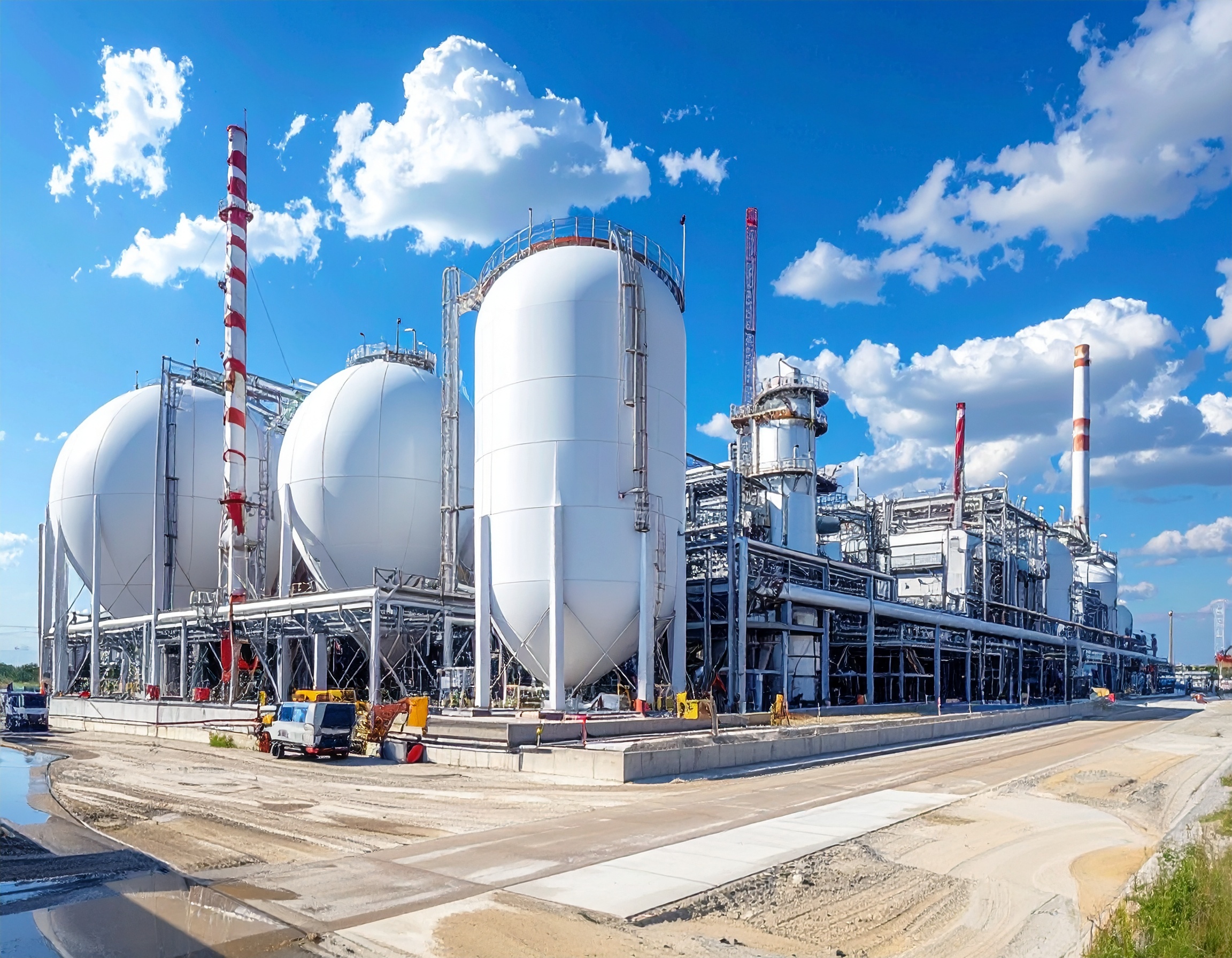Alstom Pauses Hydrogen Train Development as CEO Says Technology “Not Yet Mature”

Alstom has announced that it is pausing further development of its hydrogen-powered trains after key government funding was withdrawn. The company confirmed the decision this week, with CEO Henri Poupart-Lafarge stating that hydrogen rail technology “is not yet mature enough” for large-scale rollout.
Speaking to French broadcaster BFM Business, Poupart-Lafarge confirmed that an internal memo outlining the suspension is accurate. While new development is now on hold, Alstom stressed that it will continue to deliver all existing hydrogen train orders and fully support customers with ongoing maintenance and service contracts.
Hydrogen trains have been promoted across Europe as a zero-emission alternative to diesel, backed by a €5 billion EU support programme. Alstom has so far received orders for 12 hydrogen-powered Régiolis trains from four French regions — Bourgogne-Franche-Comté, Occitanie, Grand Est and Auvergne-Rhône-Alpes. The company has also secured contracts in Italy, including two hydrogen trains for South East Railway and a framework agreement with North Milan Railway (FNM) for up to 14 units.
Alstom’s first hydrogen train, the Coradia iLint, has previously operated in Germany and been showcased in France. But despite early enthusiasm, the iLint has never entered trial service in France as planned. In Germany, the Rhine-Main Transport Authority (RMV) pulled its fleet of 18 hydrogen trains from service due to ongoing technical issues with the fuel cells.
The wider hydrogen rail market is also facing challenges. Siemens Mobility has encountered technical problems with its Mireo Plus H trains ordered by Bavaria and Berlin-Brandenburg. In other transport sectors, early momentum for hydrogen in cars and aviation has also slowed.
Still, some progress continues globally. Stadler launched its first Flirt H2 passenger service in southern California in September and has since won further hydrogen train contracts in both the United States and Europe.
Alstom says it has completed development of a new hydrogen fuel cell under the EU IPCEI programme and is in active discussions with hydrogen train customers across three EU countries. However, with development paused, several research teams have now been moved to other projects.
The company reaffirmed that while hydrogen remains a long-term opportunity for clean transport, significant improvements in technology, reliability and infrastructure will be needed before hydrogen trains can be deployed at scale.

